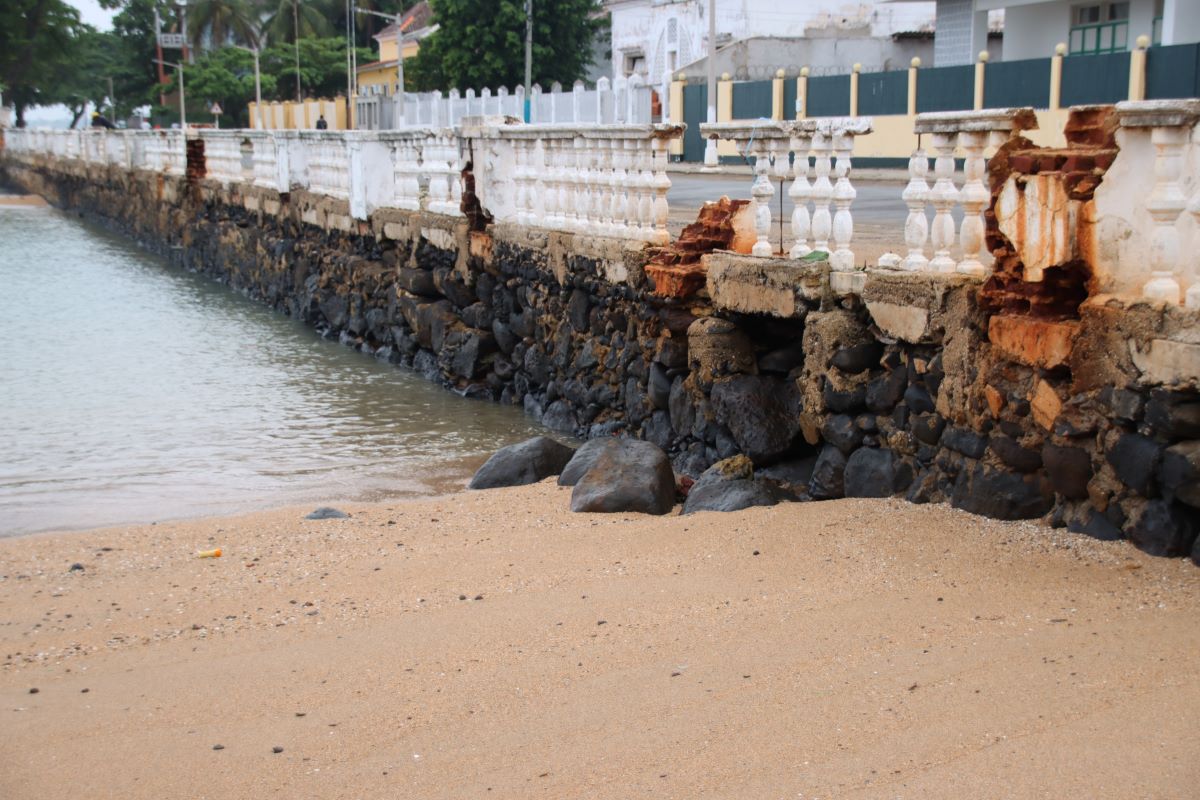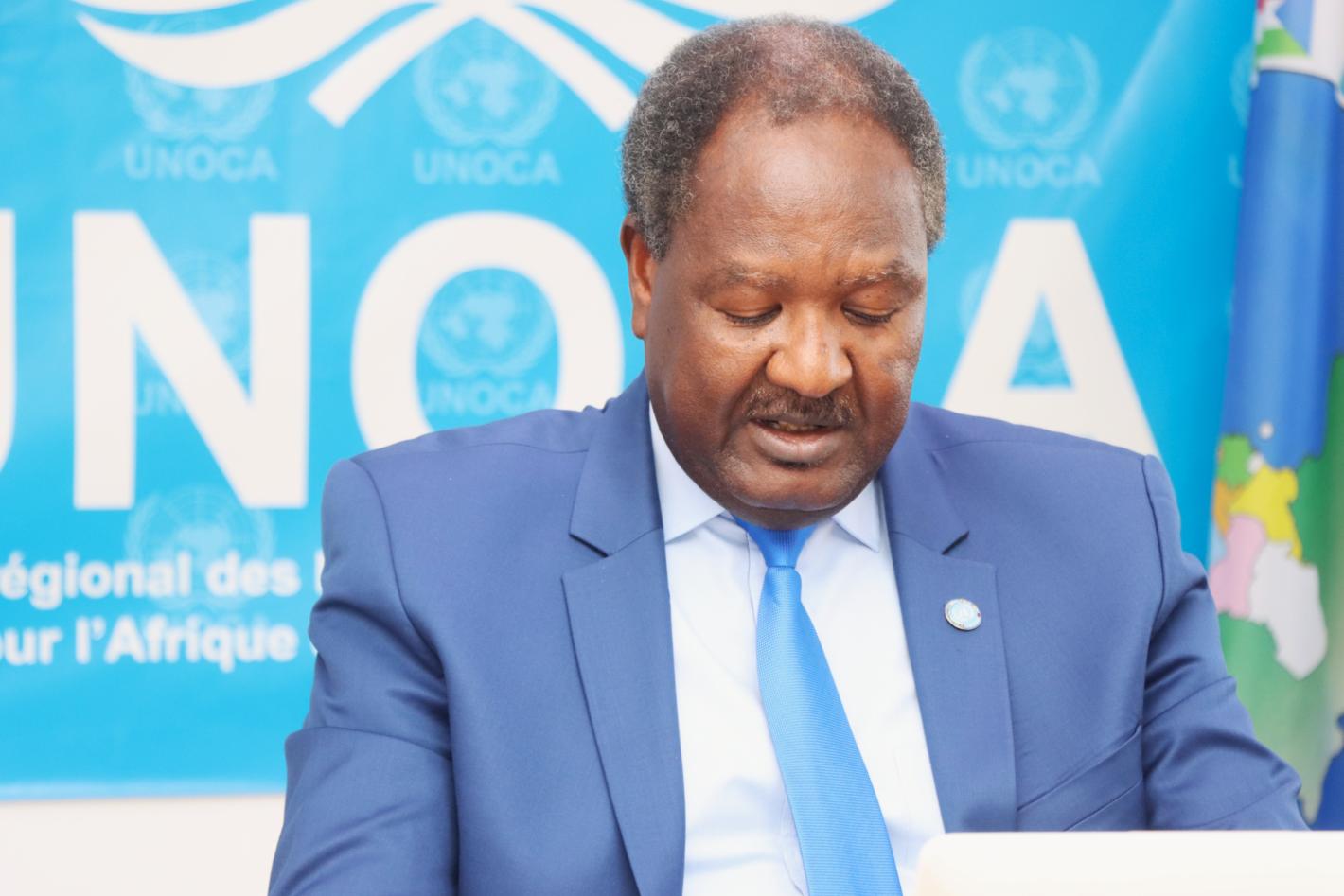The 55th meeting of experts of the United Nations Standing Advisory Committee on Security Questions in Central Africa (UNSAC) continued in São Tomé on the theme "Climate security from the perspective of conflict prevention and consolidation of peace and stability in Central Africa.”
During the second day of discussions, on 17 May, the United Nations Regional Office for Central Africa (UNOCA) presented its analysis on the effects of climate change and transhumance on regional stability. After summarizing main existing information on climate change in Central Africa, UNOCA’s Climate Security Advisor Mabaye Dia explained how this phenomenon affects peace and stability. In particular, he mentioned the increased human mobility, the intensification of inter-community violence especially between herders and farmers, the increase of organized crime and activities of non-State armed groups, the augmented pressure on the coast and the upsurge in maritime crime and piracy, land disputes, food insecurity and increased pressure on land, and the growing threat to the Congo Basin rainforest.
 Speaking of responses to farmer-herder dynamics, the UNOCA Climate Security Advisor noted that the ongoing conflict is aggravated by an intensified resource scarcity. To deal with it, “local communities, traditional and customary systems, agro-pastoral cooperatives and associations, state and regional authorities, civil society organizations (CSO) and international agencies have developed a variety of responses to manage and resolve conflicts and related violence.” This indicates an increased acceptability and cost-effectiveness as well as positive outcomes of community dialogue, peacebuilding and dispute resolution mechanisms by CSO and international agencies.
Speaking of responses to farmer-herder dynamics, the UNOCA Climate Security Advisor noted that the ongoing conflict is aggravated by an intensified resource scarcity. To deal with it, “local communities, traditional and customary systems, agro-pastoral cooperatives and associations, state and regional authorities, civil society organizations (CSO) and international agencies have developed a variety of responses to manage and resolve conflicts and related violence.” This indicates an increased acceptability and cost-effectiveness as well as positive outcomes of community dialogue, peacebuilding and dispute resolution mechanisms by CSO and international agencies.
In this context, Mr. Dia stressed the need to finalize the Strategy on peaceful transhumance and pastoral mobility in Central Africa, developed by the Economic Community of Central African States (ECCAS). Equally important it’s the adoption of regional regulations on transhumance and the implementation of practical solutions to support the reconstruction of rural economy.
UNOCA reaffirmed its readiness to continue working with ECCAS to support Member States and meet their expectations, including those expressed within the framework of UNSAC.
The 55th session of the Committee began on Monday, 15 May with the meeting of focal points followed by that of experts, which ended on 18 May. The ministerial segment will take place on 19 May.





